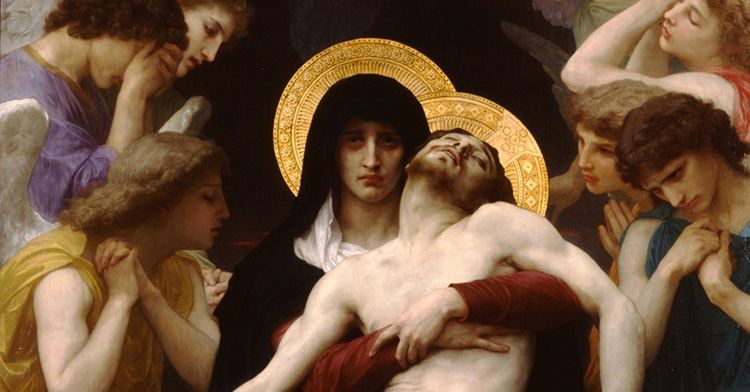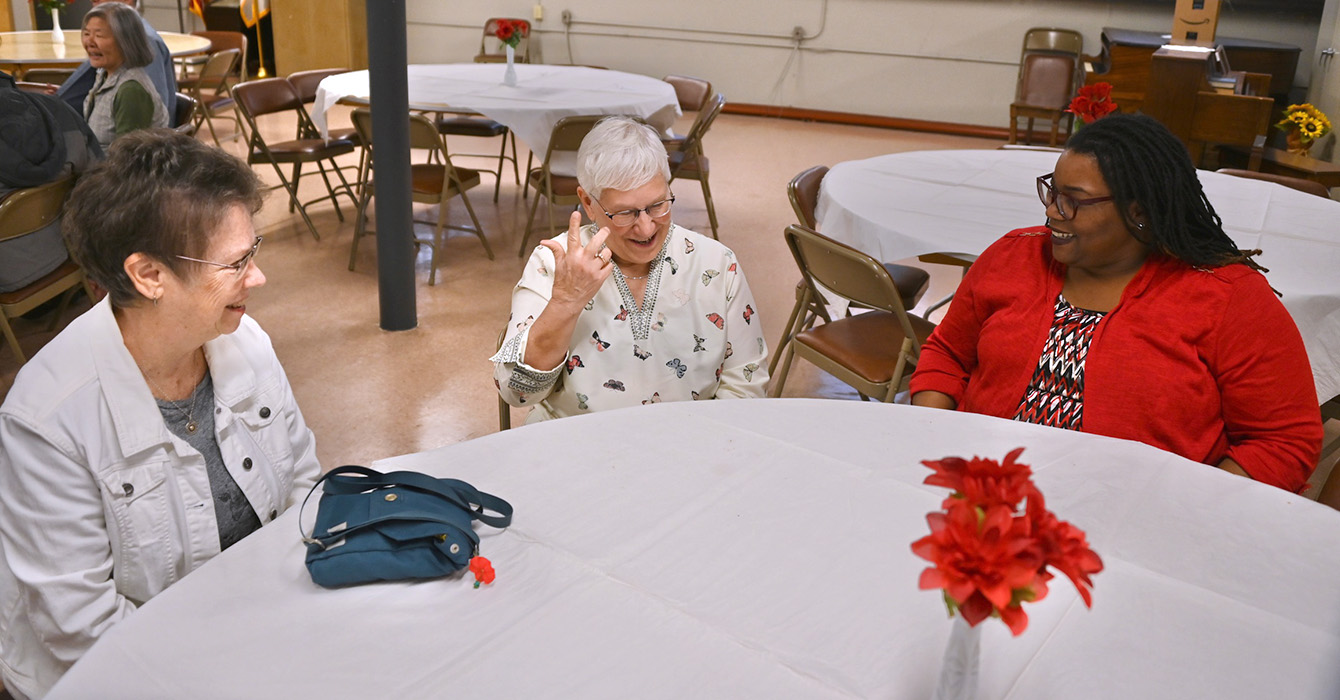I learned to ride my bike by riding around the dining room table in the parsonage. My parents were inner-city missionaries, pastors in a group ministry, and the neighborhood was not safe enough for me to play outside. Their parenting was inseparable from their ministry in the inner cities of Cleveland and then Chicago, and both were woven into the fiber of who I am today.
Editor Alicia Davis Porterfield calls this blend "A Divine Duet," her new book of collected essays that looks at ministry and motherhood. The authors are a diverse group of ministers, professors, Christian institutional leaders, nonprofit directors and PhD students, all involved in moderate Baptist life and all with a vital relationship to mothering. They include birth mothers, stepmothers, adoptive mothers, and intellectual and spiritual mothers.
With four children of my own and 30 years of ministry in Christian institutions, I thought I would just give the book a quick skim. After all, I was sure I knew what they would discuss: balancing acts, the lack of time, never feeling like we’ve done either mothering or ministry full justice.
But while the authors wrestle with issues of time and identity, the book is not a litany of complaints. Rather, these essays present valuable insights into how mothering redefines, enriches and informs ministry and vice versa, and how, as Porterfield says in her introduction, “honoring this duet of calls may be some of the most important work minister-mothers do.”
Among the many insights:
- Mothering, a journey of learning to let go of our children, is also a way for God to help us loosen the reins in our ministries.
- Children help us to understand time, not only by the liturgical calendar or our next meeting, but by the “nows” instead of always “next.”
- Mothering children who come from loss and brokenness helps us address the brokenness that lies at the heart of ministry.
- It’s in the “mess” of ministry and motherhood that we experience the grace of God.
- Motherhood is a “rich journey of theological reflection.”
- Biblical models like Joseph help us understand step-parenting; Mary Salome is “the first Christian to show us how to walk with another woman’s son as if he were her own.”
But the essays also offer questions born out of conflict and challenge: How do we navigate the fishbowl and parent in public? Where do mother-ministers find time for self-care? How do ministers respond to parishioners who pressure them to get married or have children? Where can we find peer groups to help support us in our divine duet? How do we model for our congregations how to ask for help?
Amidst these questions, Porterfield reminds us that “our scriptures resound with stories of call and stories of birth. Both are essential to the people of God.”












